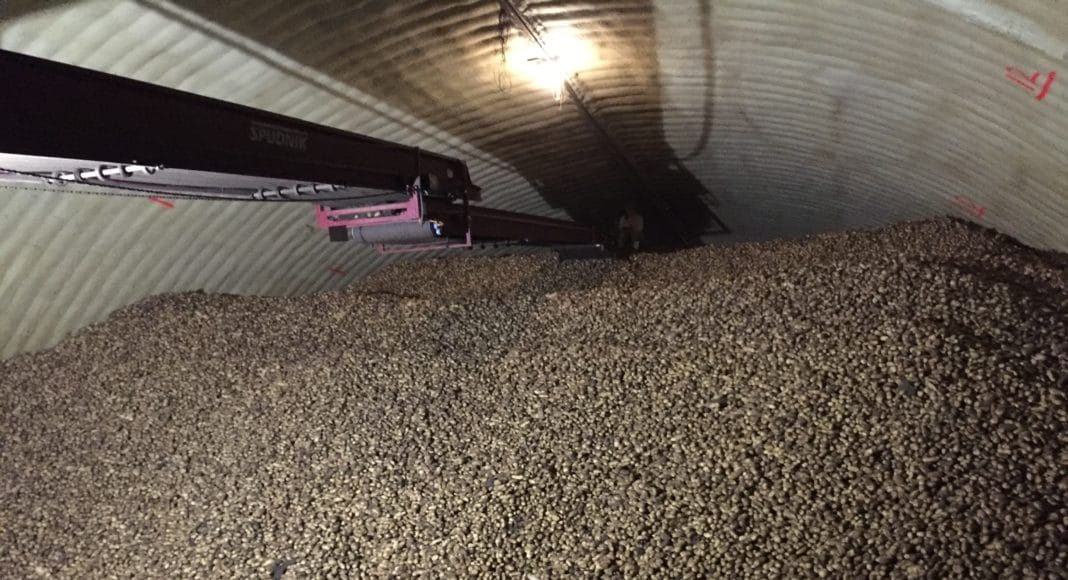You may have already saw our feature story about the European Union ban on chlorpropham (CIPC) posted online and thought, this is a Canadian potato website why is a European story on it? Well yes at first glance it may be a European problem, but potatoes are a global business which means this is also a Canadian issue.
Canadian potatoes and potato products are shipped around the world, on the flip side we also import potatoes and potato products from around the globe. That’s how it works with our country’s numerous free trade and business dealings.
At first look you may not think agricultural regulations in another country affect you as a potato grower here in Canada, but they do because your potatoes can possibly go anywhere in the world. If one jurisdiction doesn’t allow this chemical or that to be used it can potentially limit your marketing opportunities — meaning you may miss out on making money in the long run. There’s also the perception problem, will consumers and buyers start only wanting whatever chemical-free products?
This is why the EU ban on CIPC should be on your radar. As the editor of Spud Smart, I’ve spent a lot of time following this issue and trying to find a way to cover it for the magazine. With the ban now in affect and the EU potato industry having gone through their first storage season without CIPC I thought it was the perfect time to address it.
To make sure you, our Spud Smart readers, are receiving the best and most comprehensive overview of the ban I reached out to Canadian freelance journalist Melanie Epp, who is based in Belgium, to write the story. As an EU resident I knew she would understand the ban better than any journalists here in Canada, but with her being from Canada I knew she would also understand the Canadian and North American potato industry.
Having read through Melanie’s story I feel she was able to capture everything I was looking for. While there may not be any current risk of Canadian potato growers losing access to using CIPC for their spuds, the Canadian potato industry is still concerned by the ban. As Steven Johnson says in the story consumers and quick service restaurants such as McDonald’s could start demanding CIPC-free potatoes.
We’ve saw perception issues affect all areas of the agriculture world. From grass fed beef to glyphosate-free oats to non-genetically modified food, it has shown time and time again that perception matters. Consumers have become more and more conscious about where and how their food is made. This has led to in some cases greater respect for agriculture and farmers, and in others headaches for growers who have found themselves forced to work with less products.
It’s important to keep this all-in mind as you read our EU CIPC story. As a grower you should always keep yourself educated on any issue which may affect you. And as an editor of an agricultural magazine, I need to also follow this advice. I need to make sure to continue to cover issues like this and get you, the growers, the information you need to understand it.
Related Articles
AHDB Research Focuses on Reducing Potato Sprouting in Stores Without CIPC











